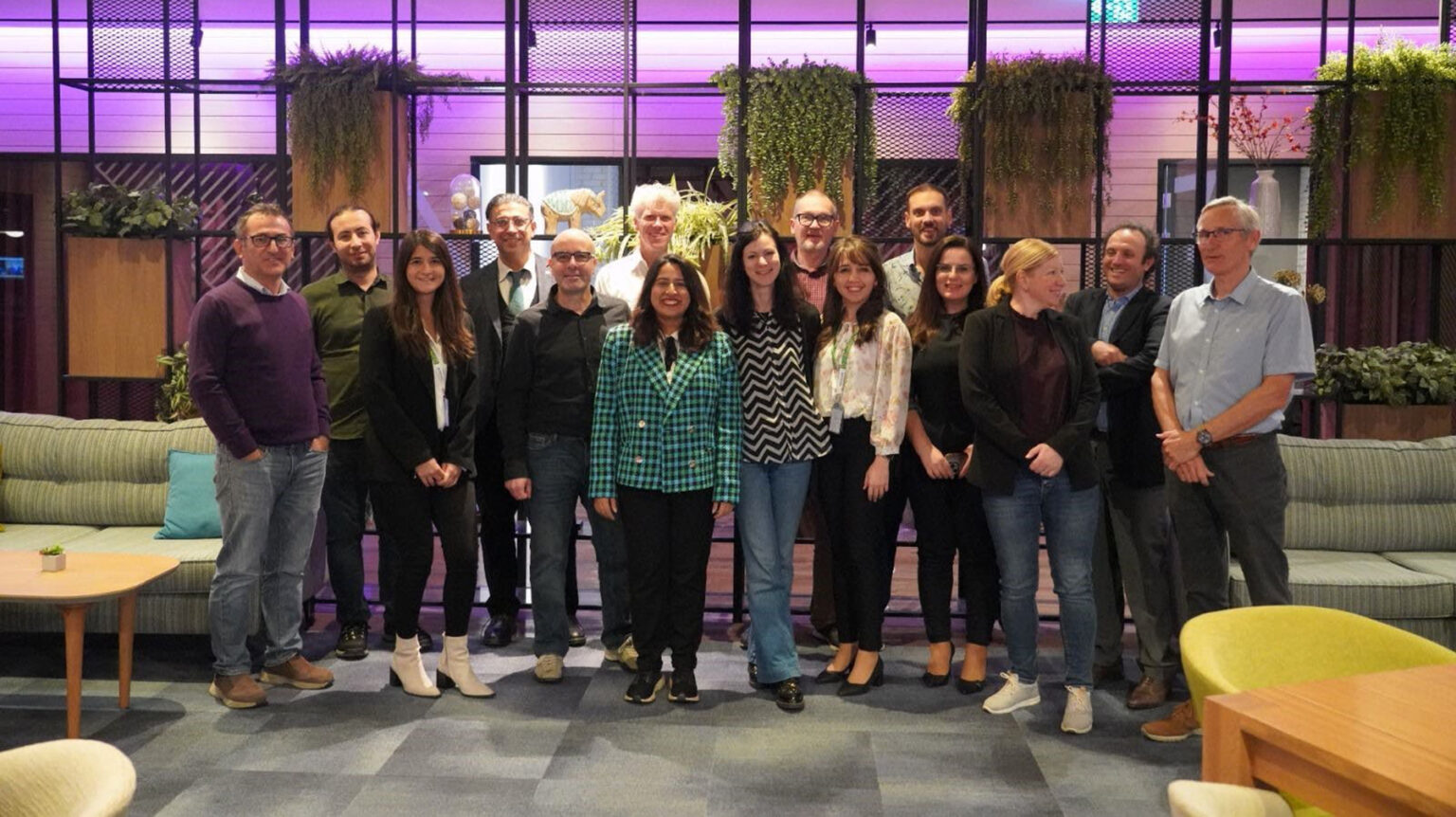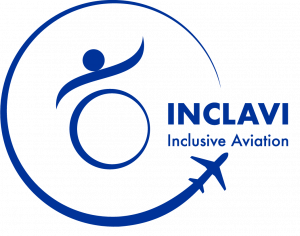Aviation Leaders Unite to Advance Accessibility Training Through INCLAVI Consortium
Global Partnership Brings Together Academic and Industry Expertise to Transform Air Travel for Persons with Disabilities.
By Martti Asikainen, 30/09/2023

A powerful consortium of academic institutions and aviation industry leaders has formed to address accessibility challenges in air travel through the innovative INCLAVI project. This collaborative initiative aims to develop comprehensive training and educational resources for aviation personnel serving Persons with Disabilities (PwD).
The consortium brings together diverse expertise spanning higher education, vocational training, industry representation, and accessibility specialization. Each member contributes unique capabilities to ensure the project’s success in transforming how the aviation industry approaches accessibility.
Academic Powerhouses Lead Curriculum Development
Finland’s Haaga-Helia University of Applied Sciences takes a central role in the project. “As a recognized University of Applied Sciences, we play a prominent role by leading two essential work packages. Leveraging our expertise in project management, we drive the effective execution of the project, ensuring its progress aligns with the desired outcomes. Moreover, we actively contribute to the development of the INCLAVI curriculum,” stated a representative.
Breda University of Applied Sciences (BUas) emphasizes the alignment with broader sustainability goals: “Integrating inclusive travel in our course programmes is part of our strategy to put actions to achieving the Social Development Goals (SDGs). We are extremely committed to this Project.”
The vocational education perspective comes from Careeria, which is “ensuring that the quality, structure, processes, and results of the project are monitored, and that high-quality outcomes are achieved.” Careeria also provides “the vocational perspective to the project and helping other partners in other project tasks.”
Industry Leaders Provide Real-World Expertise
The International Air Transport Association (IATA) brings essential industry knowledge to the consortium. “As a core aviation stakeholder, we represent and lead the air transport industry through expertise across every crucial aspect of aviation: environment, safety and security, travel regulations, customer experience, and distribution of aviation products and services, to name a few,” IATA noted, adding that they are collaborating “in the planning, implementation, and dissemination of the project.”
Istanbul Airport (IGA) provides a critical real-world training environment. “Istanbul Airport, a hub of diverse passengers and cultures, stands out with its unwavering dedication to accessible and independent travel experiences, as well as its pioneering initiatives,” their representative explained. IGA will “share exemplary accessibility practices, serve as a training center to bridge theory with practice, and contribute technological expertise to crafting inclusive digital training modules.”
The European Network for Accessible Tourism (ENAT) contributes specialized accessibility expertise, bringing “experience on EU funded projects to the consortium, as well as a strong knowledge in accessibility training and the certification process that it requires.” ENAT will help design “the research methodology, collecting current insights, designing the curriculum and the dissemination of the deliverables across our vast network.”
With this powerful combination of academic and industry expertise, the INCLAVI consortium is positioned to make significant contributions toward making air travel truly accessible for everyone, regardless of disability or special needs. You can read our latest newsletter by clicking this link.


Inclusive Aviation (INCLAVI)
2022-2025
Follow us on LinkedIn

